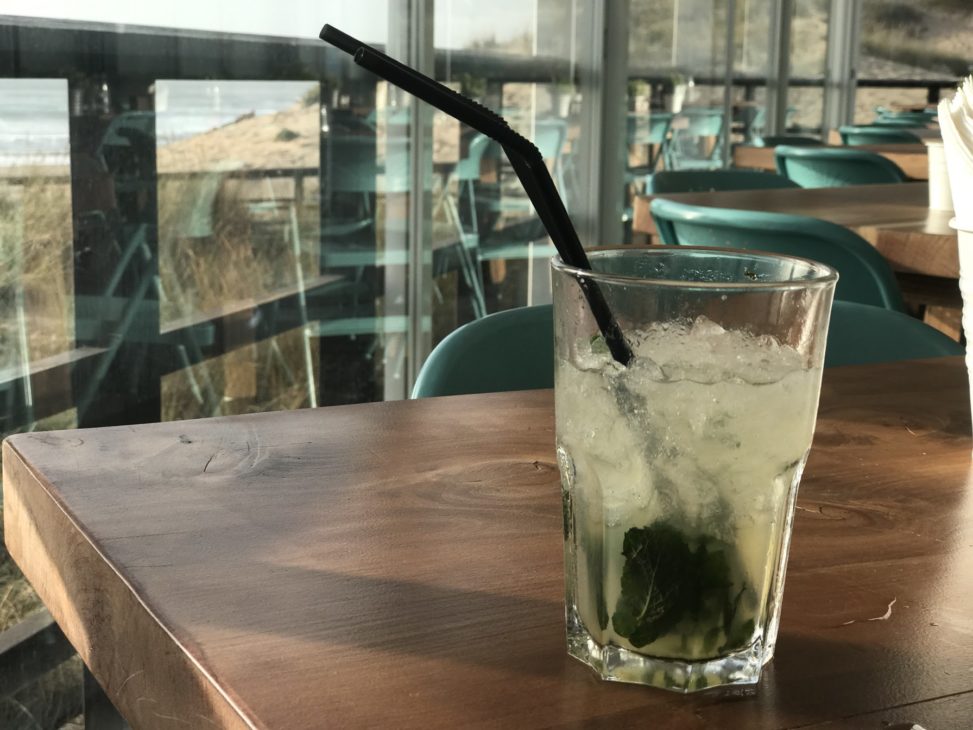The reader may have experienced the difficulty of using a drinking straw to drink a fruit shake that was too thick. That same experience helped John Davis in finding a solution to a problem resulting from the Exxon Valdez tanker disaster. Almost twenty years after the accident there was still oil off the coast of Alaska in the form of a viscous paste resulting from its mixing with seawater that prevented the use of pumps. This problem was publicised on an open innovation platform and a prize was offered for the best solution. Most of the answers were based on chemical additives to liquefy the pulp, that would further increase the environmental damage that it was supposed to address with the removal of the oil. But, what does one do when the fruit shake is too thick? We stir it with the straw to and the mixture liquefies. Similarly, the winning solution proposed by John Davis was to put together a device to stir the mixture of oil and water before pumping it.
Solutions like this make us wonder if we are harnessing the full creative potential of humanity to solve the many problems we face. Open innovation platforms are a step in that direction, but they only work when combined with effective intellectual property rights protection that ensures that individual creators and small businesses are adequately compensated for the value of the solution they propose. Without it, the capacity for creativity and innovation will not create employment nor economic growth. A recent article of the World Economic Forum (WEF) is dedicated to the need to improve the patent system in developing countries that, unfortunately, also applies to Portugal.
Patents were created to promote the dissemination of knowledge and to give incentives to the inventor: in exchange for making public all the details of the invention, the State gives 20 years of exclusive rights to exploit it. There are well known and numerous problems in this system, but a better one was not found and it has proved to be useful to reward creators of complex technologies. For example, the Bluetooth technology included in most mobile phones involves patents of about 30,000 different entities, which receive a fraction of the value of each device sold.
The 2019 report on World Intellectual Property Organization (WIPO) indicators shows huge differences between countries in the number of new patent applications. Of the 3,300 million applications in the world in 2018, 1,500 million are from China, 600 million from the US, 300 million from Japan and 200 million from South Korea. Portugal had 690 patent applications compared with 1,100 from Belgium and 2280 from Sweden that are countries with a similar number of inhabitants. However, it is not only the number of applications that separates Portugal from the main developed countries, but there is also a huge difference in the number of patents granted. Looking at the reports of the National Institute for Industrial Property (INPI), in this decade Portugal has an average of 685 new applications per year, but in 2018 only 60 patents were granted and 168 refused. In Belgium 1,019 patents were granted and 1,063 in Sweden. In Portugal, more than 500 applications per year take the form of provisional applications, the vast majority of which appear not to converted into regular patents.
The numbers reported for Portugal are common in countries without an innovation-friendly environment where individual inventors and small businesses do not have the resources to pursue protection with expert support. There are three recommendations in the WEF article: the need for training of experts in patent writing, registration and enforcement; the creation of inventor assistance programs to help support the cost of these experts; and support for the internationalization of patents. The skills required to write a patent go far beyond the legal requirements for registration and protection. The lack of local experts requires hiring international specialists with prohibitive costs for inventors and small businesses.
The creation of an intellectual property ecosystem suffers from the chicken and egg problem: there are no professionals because there is not enough activity and there are no patents because professionals are few and expensive. It is in these situations that the State should intervene with, for example, an inventor assistance program financed with part of the fees charged by the INPI. INPI’s should also change its dependence from the Ministry of Justice to the Ministry of Economy, as is the case in most developed countries. It will be needed much more than a drinking straw to stir Portugal’s innovation ecosystem.

 Português
Português